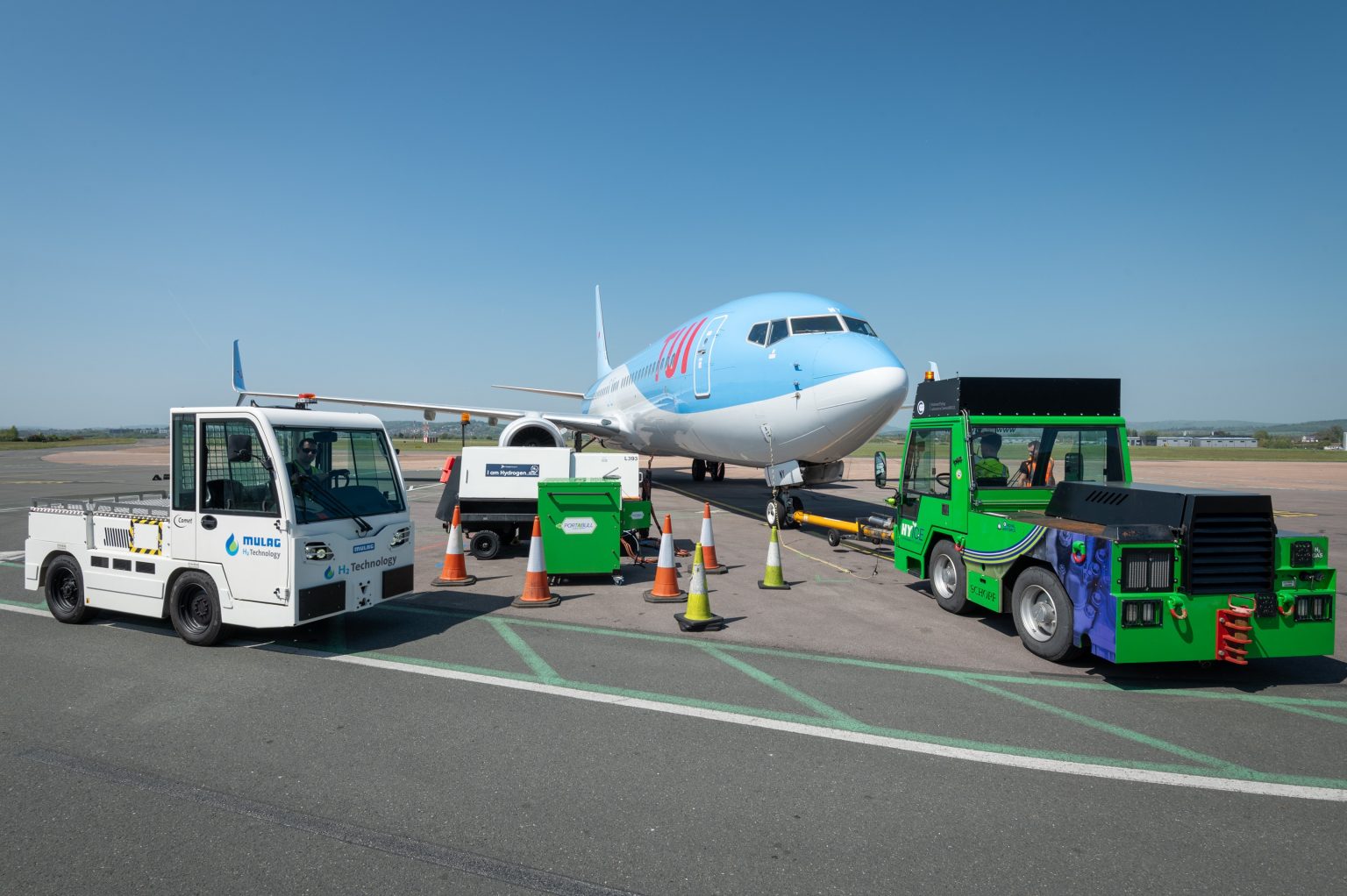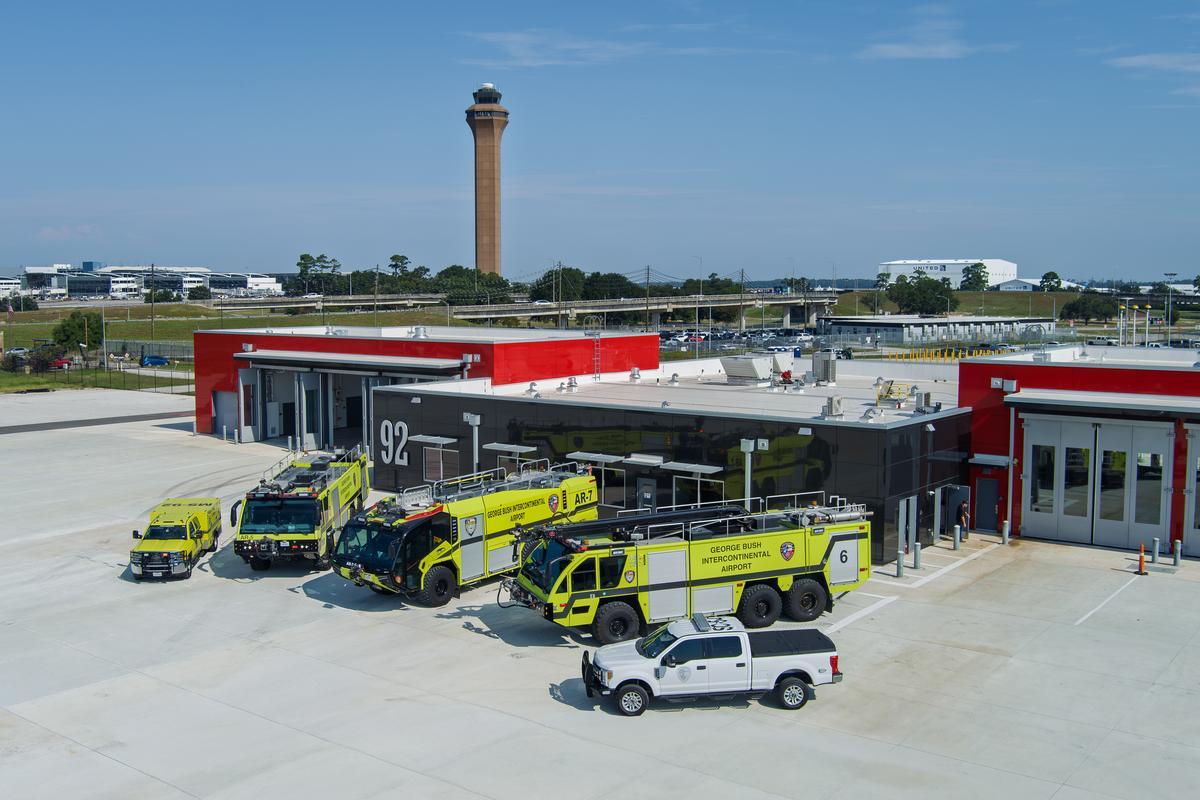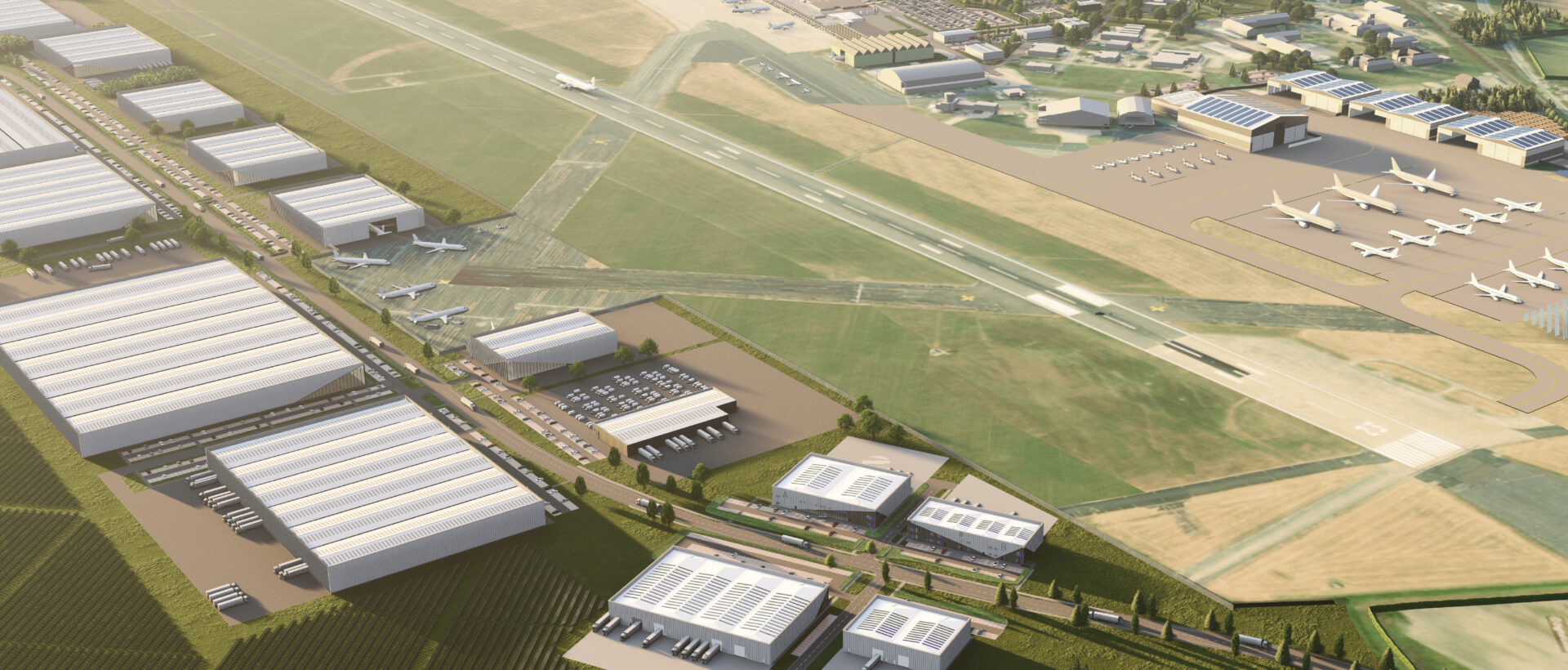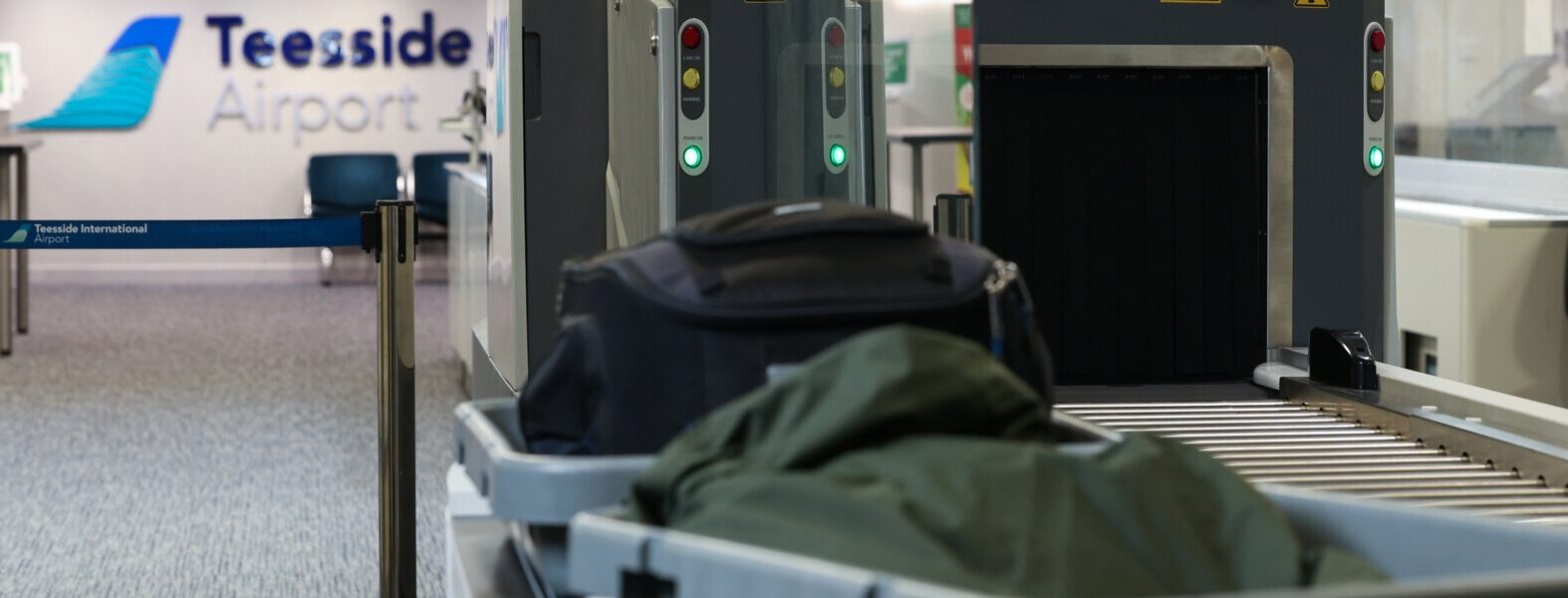Airbus has partnered with London Gatwick Airport (LGW), easyJet, and Air Products to advance the development of hydrogen infrastructure in the UK.
This initiative will contribute to Airbus’s vision of launching a hydrogen-powered aircraft by 2035.

Establishing the necessary infrastructure is vital for the future of hydrogen-powered aviation. To help realise this vision, Airbus’ Hydrogen Hubs at Airports programme aims to establish liquid hydrogen supply and storage at London Gatwick. The programme will manage the refuelling and ground handling of hydrogen aircraft and will explore other immediate uses for hydrogen at the airport.
Hydrogen-powered aircraft are initially expected to serve short to medium-haul routes. London Gatwick is a primary hub for these services, while easyJet has expertise in short-haul operations. This makes LGW an ideal site for developing and testing essential infrastructure.
Stewart Wingate, Chief Executive Officer, London Gatwick, said:Alongside Sustainable Aviation Fuels, hydrogen stands out as having real potential to help us decarbonise Scope 3 emissions at the airport, particularly for the short haul aircraft that dominate London Gatwick’s operations. In parallel we’ve accelerated our plans and aim to be net zero for the emissions we control – Scope 1 and 2 - ten years early, by 2030. We still have a long way to go and a lot of hard work to do, but today’s exciting partnership is an important early step toward reaching our net zero ambitions.
The partnership will build on the ongoing collaboration between easyJet and Airbus with Hydrogen South West, an initiative that aims to bring the benefits of hydrogen to the South West of England.
Airbus Vice President ZEROe Project Glenn Llewellyn said:Our licence to operate hinges on finding better ways to fly. We know hydrogen has the versatility to be an excellent fuel source for decarbonising the industry. We’ve set ambitious targets to fly on hydrogen by 2035 and this technology needs to be supported by reliable and tested infrastructure. Sharing knowledge and best practice at airports will be critical for building the right hydrogen ecosystem around the world and we look forward to working with all consortium members to develop the support for the technology and end-to-end hydrogen supply chain that will power future flight.











